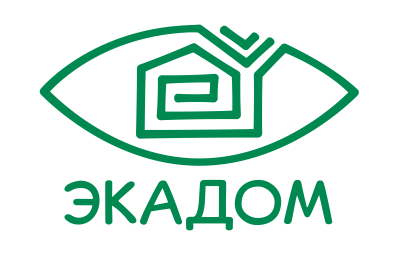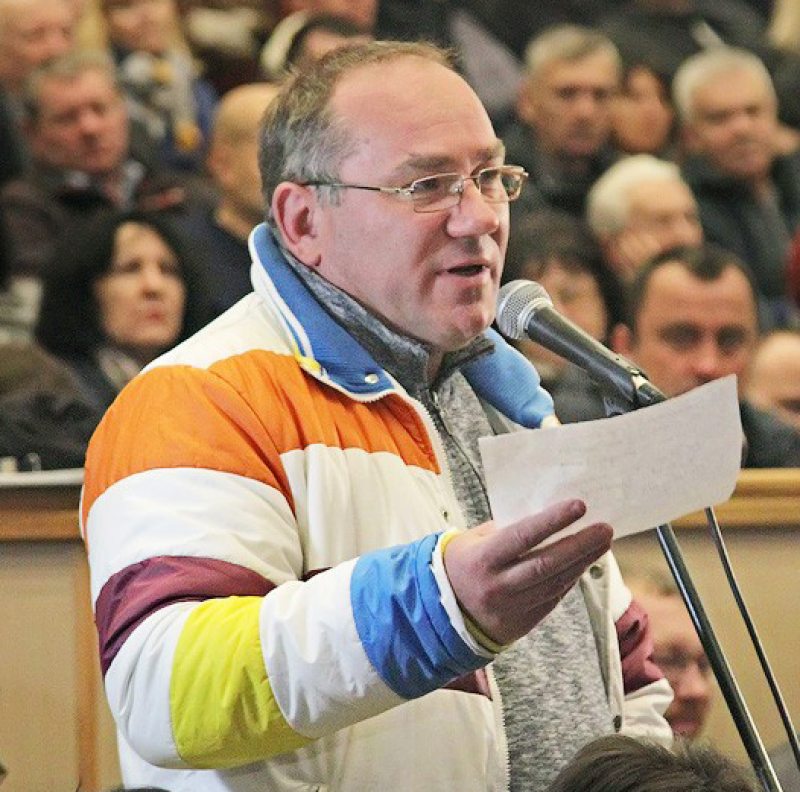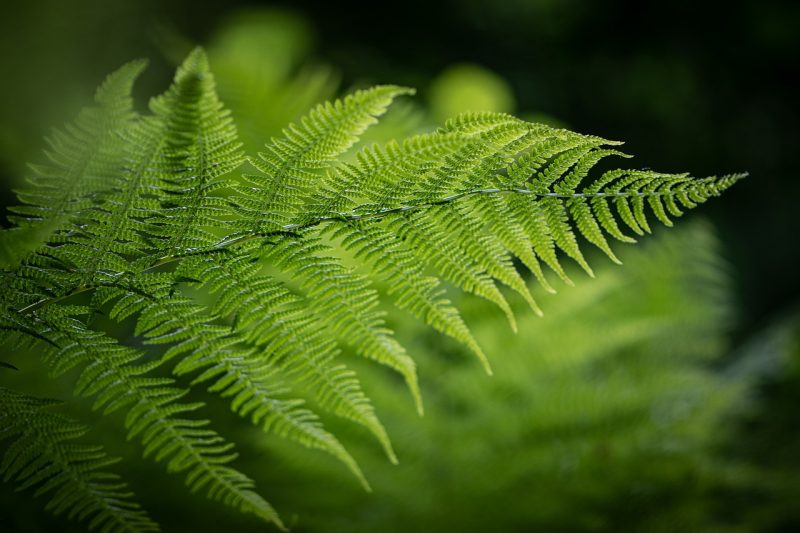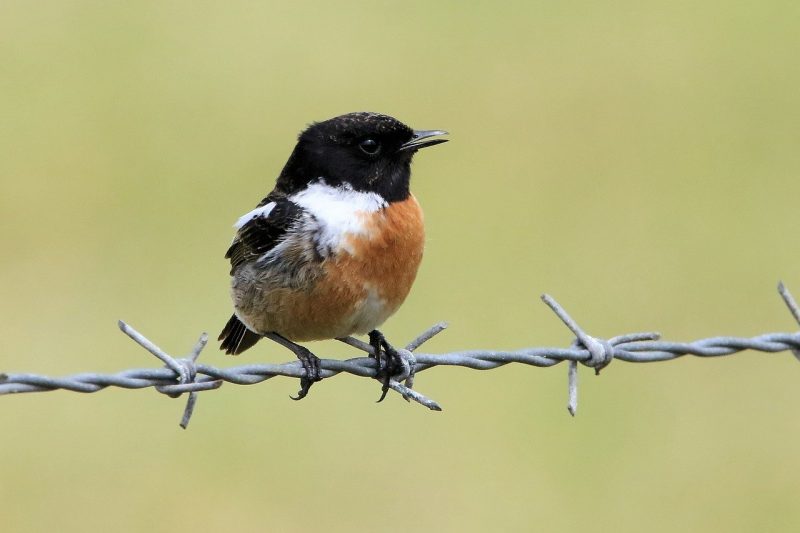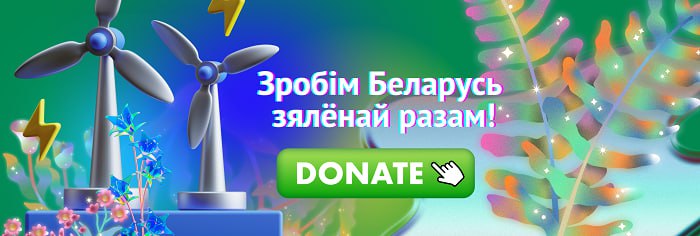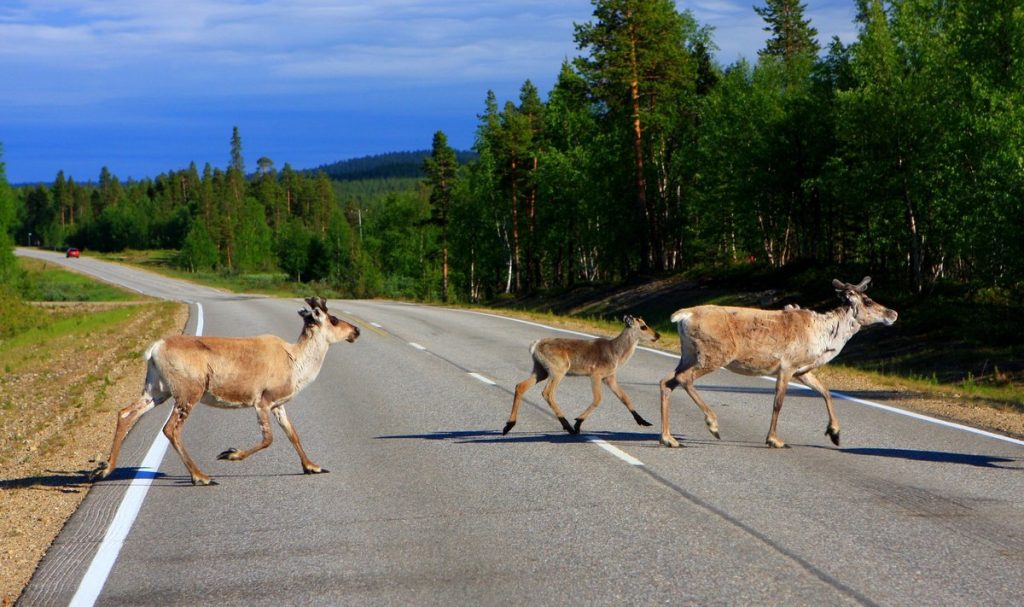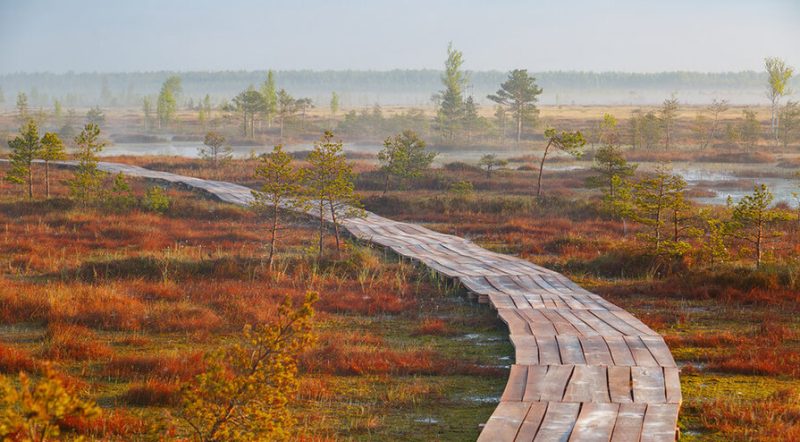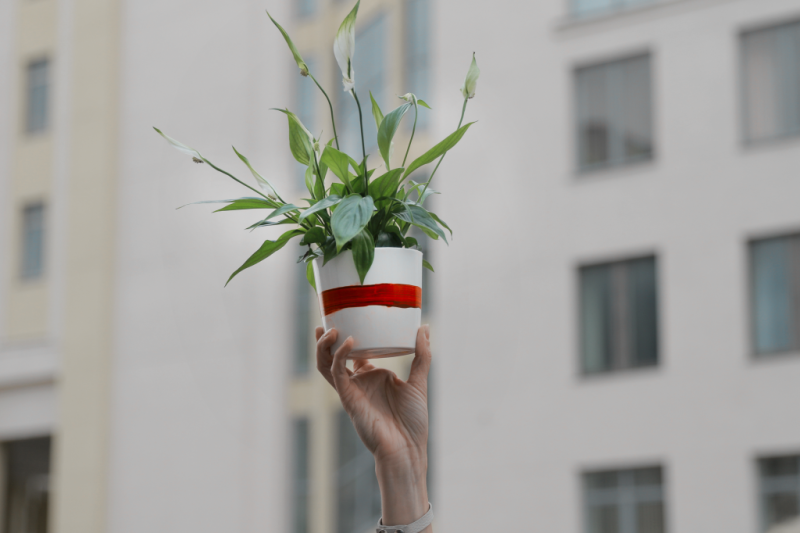What was the experience of political imprisonment lived by environmental activists? And how do they recommend that those imprisoned be supported?On the eve of the Political Prisoners’ Day, we spoke with former environmental activists who found themselves behind bars for their civic activism. They shared their stories, talked about the challenges and difficulties of being in prison, and gave valuable advice on how to better support activists in prison. These stories are not just historical accounts; they are also a valuable resource for those who are currently engaged in supporting activists.
As of May 20, 2024, there were more than 1,360 political prisoners registered in Belarus. A number of these prisoners used to defend environmental rights. There are currently 10 individuals among the political prisoners who were previously engaged in environmental activism. In the lead-up to the Political Prisoners’ Day, we spoke with environmental activists who have experienced the challenges of imprisonment. Our interlocutors were Siarhei Piatrukhin, Aliaksandr Kabanau, Maksim Puchynski, and one activist who has chosen to remain anonymous. They shared what they experienced, what they faced, and how they coped. They also discussed the most effective forms of support for prisoners that community organizations, initiatives, and individuals can provide. The experiences of these individuals provide invaluable insights and actionable guidance on how to more effectively support those who are incarcerated.
“Any support is valuable”: Aliaksandr Kabanau on time in detention and the importance of solidarity
Aliaksandr Kabanau is a vlogger from Brest, the author of the YouTube channel People’s Reporter, and the spokesman for the initiative group of Sviatlana Tsikhanouskaya during the 2020 presidential election. Aliaksandr was also an active participant in protests against the construction of a battery factory near Brest. Together with Siarhei Piatrukhin, he was arrested in 2020 and sentenced to three years in prison. In detention, Aliaksandr’s health seriously deteriorated. As soon as he was released, he left Belarus. In March 2023, it came to light that several additional criminal cases had been filed against him. In April 2023, Aliaksandr was put on a wanted list.
“It was a political protest”, says Aliaksandr Kabanau, referring to the movement to stop building a battery factory in Brest. He emphasizes that it is a fundamental civil and political right for citizens to participate in the discussion of environmental issues. For two years the people of Brest gathered on Lenin Square, organized marches, and raised awareness about the construction. Aliaksandr, as a vlogger, reported on these events and organized protests.
The arrest did not come as a surprise: human rights defender Ales Bialiatski had warned Aliaksandr of possible persecution. According to him, the reason for his arrest was not his activities, but the authorities’ “dysfunctionality”.
“I wasn’t particularly emotional”, Aliaksandr recalls. Adapting to the conditions of detention – first temporary detention, then custody, quarantine block, solitary confinement – was more difficult. “The psychological pressure was quite strong”, admits Aliaksandr. “They can give you false information, they can tell you, for example, that no one needs you, that everyone has abandoned you. When asked about correspondence, they may reply that no one writes to you. You realize you’re being lied to, but psychologically it has some effect. If the attitude of the guards is nonsensical, if they address you like, ‘Hey, you over there’, it does not bother you much, but there is still some effect”.
There was only one time when physical force was used against him, in the Navapolatsk correctional facility. But his stay in solitary confinement, or the “freezer” cell, was felt to be both a physical and a psychological pressure. “There were moments when I felt like it’s over, nothing much was left to support”, Aliaksandr recalls. “I was in an all-encompassing stupor”.
But letters, communication with other prisoners, and calls from loved ones helped keep morale up. “Any support is invaluable”, Aliaksandr emphasizes. “There is no such thing as valuable support and non-valuable support”.
He believes that legal aid in Belarus is ineffective, and material assistance is not always possible. “Moral support takes the form of letters and phone calls”, Aliaksandr states. “Such forms of communication are invaluable.” He urges people not to be afraid of potential persecution and to keep covering the situation of political prisoners. “The less we write about prisoners, the less it is going to matter”, Aliaksandr believes.
He admits that “there is absolutely nothing that can be done right now” to improve support for activists in detention. But letters are something that can be of help. “They are a form of pressure on the prison administration”.
Today, Aliaksandr continues to get involved in various initiatives. “My main goal is to return to Belarus one day”, he admits. “And I want to see the people I’ve been investigating in court”.
“Sometimes one letter can make you feel good for a week, and your heart expands from the support”: Siarhei Piatrukhin on imprisonment and support for political prisoners
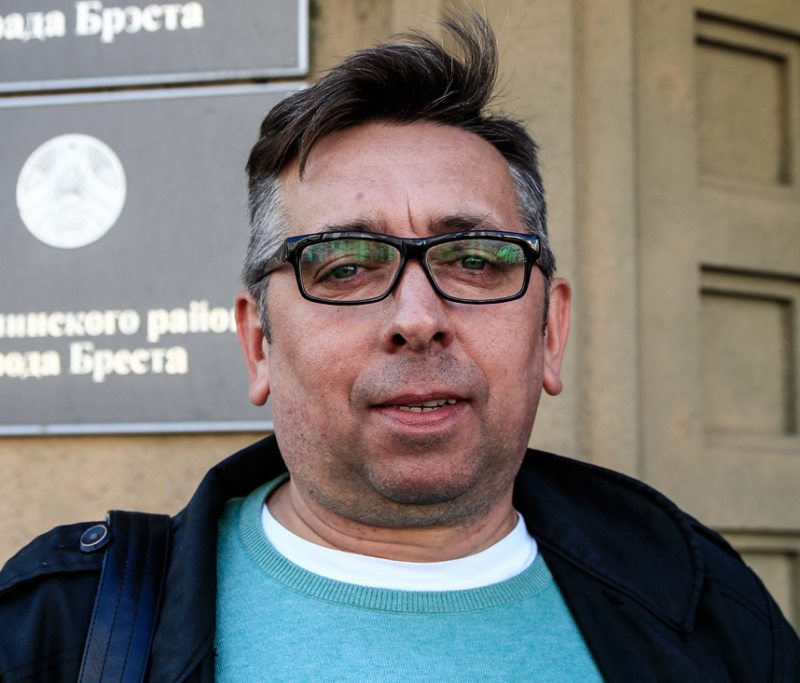
Siarhei Piatrukhin, one of the authors of the YouTube channel People’s Reporter, is a Brest-based vlogger and former political prisoner. He was also an active participant in protests against the construction of a battery factory near Brest. In 2020, Siarhei was arrested and sentenced to three years in prison. After serving his full sentence, he was released in late 2022 but was forced to leave Belarus in February 2024.
Together with Aliaksandr Kabanau, Siarhei was an active reporter on the protests against the construction of a battery factory in Brest. “My main task was to cover the events”, he says. “Aliaksandr and I made videos for the People’s Reporter channel, and we also took part in the investigations”.
He recalls vivid moments of significant protests: the “ultimatum” to the authorities, protesting against the battery factory disguised as feeding pigeons in the central square, marching through the city with a loudspeaker and picket signs. “Statkevich arrived and we took to the streets with a loudspeaker and picket signs on October 14, I don’t know what year it was. Later, when they arrested us and pushed us into a police wagon, the people were clapping their hands and shouting, ‘Occupiers.’”
The arrest did not come as a surprise to Siarhei, he was prepared for such a development. “To be honest, I didn’t fully grasp the situation at the time”, Siarhei admits. “That might be why I was able to handle it more easily than I thought I would. I was pretty sure we’d be released after a day or two”.
The first few weeks in detention felt “a bit surreal”. The Minsk jail conditions were pretty tolerable, the cellmates were interesting, and there was virtually no pressure from the guards. “Back then, there wasn’t as much pressure as would be applied on us later on”, Siarhei recalls.
But things started to go wrong at the Mahilou correctional facility. “They started to put labels on us”, Siarhei says. “Mahilou is very different from the pretrial detention centre in Minsk because the latter has more ‘humane conditions,’ while the facility in Mahilou felt like being in another state. Pretty much all the guards there are terrible”.
The punishment cell was a real ordeal. “I lost about seven kilograms and was pretty down afterwards”, Siarhei admits. “Then I realized that these ‘fascists’ could do whatever they wanted to me”.
Morale was kept up by letters from loved ones and people who cared. “It’s very important. It was extremely supportive”, Siarhei says. “Sometimes one letter can make you feel good for a week, and your heart expands from the support”.
Siarhei thinks that “prisoners in Belarus are war prisoners” and that “it’s best not to mention them because they might be put in solitary confinement for that”. He suggests that we might need to “influence prison officials”. Siarhei considers financial assistance to families of political prisoners to be the most effective way of support. “We got to help the families. Help them fixing care packages [for prisoners]”, he says.
After he was released, Siarhei spent a year in Belarus working and paying off debts. “I left because I was afraid of being locked up again”, he admits. Now Siarhei continues to work, “trying to show through his videos that people remember” what is happening in Belarus.
“Any support boosts morale”: Maksim Puchynski on his experience of incarceration
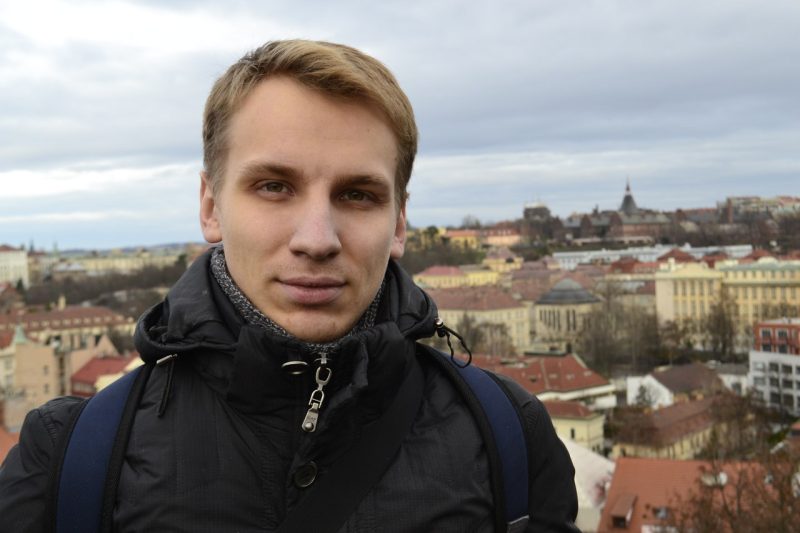
Maksim Puchynski is the deputy director of the Minsk Bicycle Society (MBS) and one of the organizers of the famous large-scale bicycle carnival “Viva Rovar”. He was arrested at work in November 2022, and in March 2023 he was sentenced to two and a half years of freedom restriction in an open-type correctional facility. He was released from custody in the courtroom.
“In 2017, I started volunteering with the Minsk Bicycle Society”, Maksim says. “Since then, I’ve been involved in the growth of the cycling movement”. He’s done bike rallies, given lectures, and organized events, but he considers his most important work to be drafting regulations related to bicycle infrastructure.
“When I started my work with the Minsk Bicycle Society, I used to take photos of the street curbs and send reports to 115.bel [a public website for submitting reports related to urban issues] to have them readjusted for cyclists”, Maksim recalls. “As a result, riding a bicycle in Minsk became much more pleasant”.
Maksim was caught off guard by the arrest. He was arrested at work which had nothing to do with the MBS. “I wasn’t told what the arrest was about”, he says. “The police mentioned the bicycle society during the search, but it didn’t seem like that was the reason they came. But, on the other hand, they know about the MBS and are keeping an eye on it”.
The arrest took place just two days before he was scheduled to leave for Poland. “There was a lack of clarity, frustration, dismay, and uncertainty about what would happen next”, Maksim recalls.
The conditions of detention were pretty rough: “Sometimes it was cold in the cell, and in another cell, it was so stuffy we couldn’t breathe. Cockroaches were running around in some cells. They wouldn’t take us to showers or bring care packages. There was a ban on correspondence in the temporary detention centre too”.
Maksim only experienced physical violence once, but he was under a lot of psychological pressure throughout. “It’s a whole different ballgame compared to what other inmates have gone through. I’ve seen prisoners with bruises all over their bodies. They were hit, tasered, and beaten until they lost consciousness… That is to say, against this background, I rode out the storm without much physical violence or pressure”, says Maksim.
Support from fellow inmates, letters from friends and strangers, and care packages have all been helpful. “Any support boosts morale”, he emphasizes. “Moral support was very important. As far as material support is concerned, we may list care packages and commissary money. For me, it was more of a sign that people are trying to help you, to support you in some way, and then you can share some goodies with other people in the cell and cheer them up, even if in a small way, but still”, he says.
Maksim believes that “there are no resources to effectively help people in detention” because “the state system does its best to make political prisoners suffer and die”. But “something has to be done”, he states. For those wishing to provide support to political prisoners, Maksim recommends that they “do what they want and what they can”.
“For those inside Belarus, you can send a care package to a political prisoner”, he says. “This would be a valuable gesture, even if you don’t know the prisoner personally”.
Now Maksim is settling down in Poland. “I’m no longer an activist in the traditional sense”, he admits. “Still, I travel and commute by bicycle, am an environmentally conscious consumer (for example, I don’t buy a lot of clothes), and separate my garbage. That is to say, I am using the habits that I have developed in the course of my ecoactivism in Belarus. To be honest, I haven’t gotten to know the cycling community in Poland yet. But my plan is to meet them and even suggest that they organise a collective challenge – 30 days on a bike. It seems like they’ve never heard of it here, even though it’s really popular in Belarus”.
“The conditions for political prisoners are much worse”: an anonymous environmental activist
Our final subject is an environmental activist who asked to remain anonymous. He told us about the pressure faced by political prisoners in Belarusian prisons.
“Activists are usually folks who’ve been convicted under so-called extremist articles or for participating in protests and similar activities”, he explains.
According to the ex-prisoner, conditions in correctional facilities are much harsher than in pre-trial detention centres. “Many people are taken straight to the punishment cell and spend 10-20 days there”, he says. “All activists with extremist charges are on the watch as prone to extremist or other destructive activities. That means more attention and pressure”.
“Activists face more intense pressure than other convicts and endure it throughout their detention”, he points out. “You’re always on edge, waiting for punishment, and it happens all the time”.
“The conditions of imprisonment are much worse for political prisoners than for others”, the activist stresses.
Despite the pressure, he managed to keep his morale up. “My sentence was pretty short. I could see the horizon and that feeling certainly helped”, he recalls. “Other inmates were serving long times and they stayed upbeat and kept optimistic”.
Writing to loved ones, reading, and exercising also helped. Equally valuable to the activist was “solidarity among prisoners convicted of political crimes”.
“The material support my family received from friends was very important”, he admits. “I knew that supporting me in prison would not be a burden on my relatives. I felt that my family was relatively financially secure. It was important”.
The activist notes that the role of a lawyer in a trial in Belarus is extremely limited. “They can’t do much. But it’s very important that they can support you, cheer you up when you need it”, he says.
The activist advises “regular aid” to the families of political prisoners for those who want to support them. “A person’s ability to provide direct support to someone in prison is very limited”, he explains. “You can’t always write a letter, you can’t send money, you can’t send packages, but supporting the family is very important”.
“If it were possible to organize some kind of systemic support for the families of imprisoned activists, that would be the right approach”, the activist believes.
He hopes to return to Belarus sooner or later and continue his work for the benefit of the environment. “I would like to continue my environmental protection work in Belarus and for Belarus. However, I don’t have that opportunity right now. Fate presents interesting challenges, restarts your life and allows you to rebuild it. I can’t say anything about my plans yet, but I hope that we’ll all be back in Belarus soon and keep working for the protection of the Belarusian environment”.
Political Prisoner’s Day is a chance to honour those who are behind bars for their beliefs and those who have already been released but continue their fight. Their stories show us what it means to be strong and to keep going, and they remind us of our duty to support and fight for the release of environmental activists who are in prison for their beliefs. To date, we are aware of 10 environmental activists who are in prison. Let’s show our support for those who are still inside!
- Hanna Yurieuna Skryhan – candidate of geographical sciences, participant in environmental and urbanistic events.
Address: IK-4, vul. Antoshkina 3, Homel, 246035 - Stsiapan Siarheyevich Latypau – arborist (a specialist in the maintenance and care of trees), a hogweed fighter, and the author of a YouTube channel on the basics of arboriculture. Sentence: 8.5 years in prison.
Address: Turma-4, vul. Krupskai 99a, Mahilou, 212011 - Yauhen Aliaksandravich Rubashka – Food Not Bombs activist (a collective that distributes vegan and vegetarian food to the homeless), participated in the defense of Kotauka Mini-Park in Minsk against development.
Address: Turma-8, vul. Savetskaya 22a, Zhodzina, 222163 - Andrei Aliakseyevich Kuznechyk – bicycle activist and author of the blog “BelaVela: On Bicycles in the Belarusian Language”. Sentenced to six years in prison.
Address: IK-1, Tekhnichnaya 8, Navapolatsk, 211440 - Aliaksandr Andreyevich Bialou – member of the KaliLaska collective, a project promoting mindful consumption, and a Food Not Bombs activist.
Address: IK-22, Stantsyia Damanava, a/ya 20, 225295, Ivatsevichy, Brestskaya voblasts - Artsiom Dzmitryievich Salavei – Food Not Bombs activist.
Address: IK-17, vul. 1-ya Zavodskaya 8, 213004, Shklou, Mahilouskaya voblasts - Yauhen Aliaksandravich Merkis – local activist who was involved in raising urbanistic and environmental issues in Homel.
Address: IK-17, vul. 1-ya Zavodskaya 8, 213004, Shklou, Mahilouskaya voblasts - Barys Uladzimiravich Kuchynski – activist who fought for clean water in Slonim. Boris is 73 years old.
Address: IK-2, vul. Sikorskaha 1, 213800, Babruisk, Mahilouskaya voblasts - Sviatlana Mikalayeuna Karol – retired woman and bicycle activist from Homel, former chairwoman of the regional public association VeloGomel.
Address: SIZO-3, vul. Knizhnaya 1A, Homel, 246003 - Dzmitry Leanidavich Kuchuk – former leader of the Belarusian Green Party. Dzmitry is now under investigation.
Address: Turma-8, vul. Savetskaya 22a, Zhodzina, 222163
